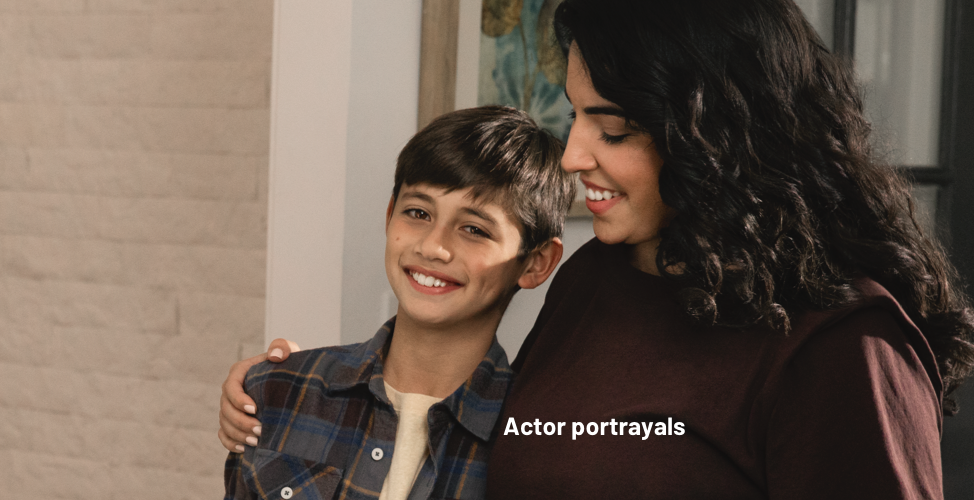
Frequently asked questions
The following questions and answers may help prepare you to talk with your child’s doctor.
You may be wondering…
Now that you have some information about HPV (human papillomavirus) and its potential health impact, you may have additional questions.
Reviewing the HPV FAQs below is a great place to start.
When should my child get vaccinated?
The CDC notes that HPV vaccination may begin at age 9, and recommends it routinely for the 11- to 12-year-old age group.
Talk to your child’s doctor about the appropriate time for your child to get vaccinated.
How is HPV transmitted?
As a parent, you may be surprised to learn that your child can be exposed to HPV through adolescent sexual experimentation—not just intercourse—with someone who has the virus. People can have the virus, pass it along, and not even know it.
For most people, HPV clears on its own. But for those who don’t clear the virus, it could cause certain cancers later in life.
There is no way to know which people who have HPV will develop cancer or other HPV-related diseases.
Can my son get HPV?
Yes, males can get HPV and pass it on, too. HPV can also affect males later in life with certain HPV-related cancers.
For most people, HPV clears on its own. But for those who don’t clear the virus, it could cause certain cancers later in life.
Are there symptoms of HPV infection?
HPV infection often has no visible signs or symptoms. Anyone who has the virus can pass it on without knowing it.
For most people, HPV clears on its own. But for those who don’t clear the virus, it could cause certain cancers later in life.
